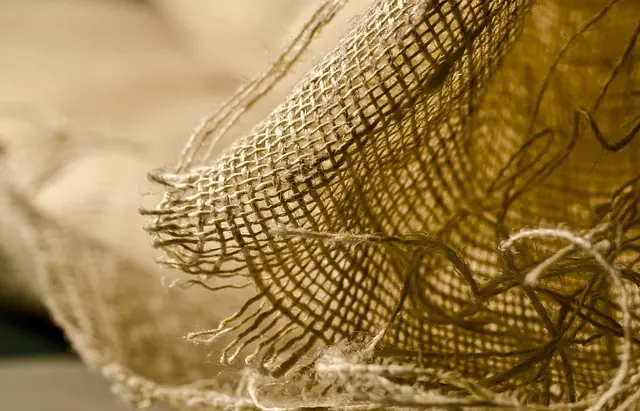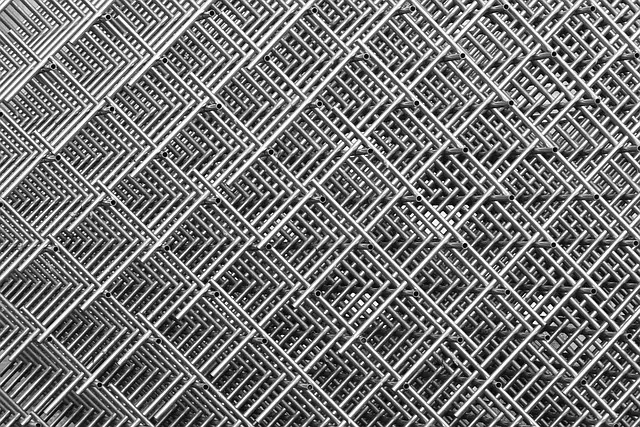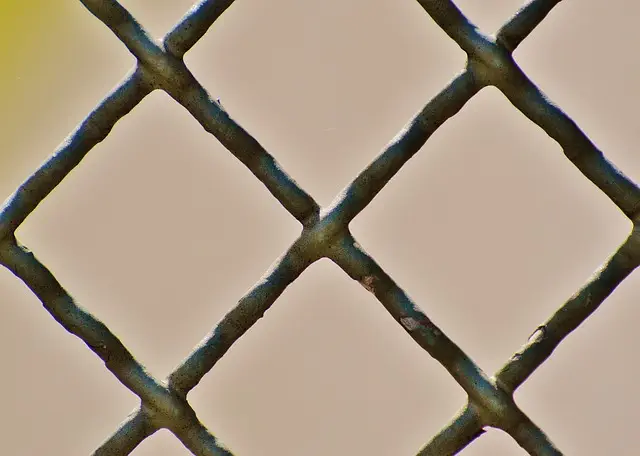Maeng Da Kratom, a strain from the Mitragyna speciosa tree, has become a subject of interest due to its alkaloids' interactions with bodily processes, including potential effects on hair health. Some users have reported hair loss while using Maeng Da, leading to questions about whether it could be linked to this issue. The concern arises from kratom's ability to affect hormonal balance, particularly given the role of hormones like DHT in androgenetic alopecia, a common type of hair loss. While the scientific evidence is still developing, the theoretical basis for kratom's influence on hair follicles via its immune system effects and hormone modulation is being explored. It's crucial for users to be aware of this potential side effect and consult healthcare professionals if they experience hair loss after consuming Maeng Da Kratom. The investigation into why kratom might cause hair loss continues, with the aim of understanding the mechanisms involved and providing guidance for safe use. As research progresses, it will offer more clarity on how to manage this risk associated with kratom consumption.
Maeng Da Kratom, a botanical extract renowned for its stimulating and soothing effects, has garnered attention for its potential impact on hair health. As curiosity surrounding the relationship between Kratom consumption and hair loss grows, this article delves into the science behind Maeng Da Kratom’s chemical composition and its implications for hair well-being. We will uncover the mysteries shrouding Maeng Da Kratom and address common concerns about its role in preventing or managing hair loss. Understanding why some individuals experience hair thinning or loss after kratom use is crucial for making informed decisions about its consumption. Join us as we navigate the complexities of Maeng Da Kratom’s effects on hair, offering clarity and guidance for those affected by this issue.
- Unraveling the Mysteries of Maeng Da Kratom Powder and Its Relationship with Hair Loss
- Exploring the Chemical Composition of Maeng Da Kratom and Potential Links to Hair Health
- Addressing Concerns: The Impact of Maeng Da Kratom Usage on Hair Loss Prevention and Management Strategies
Unraveling the Mysteries of Maeng Da Kratom Powder and Its Relationship with Hair Loss

Maeng Da Kratom, a strain derived from the leaves of Mitragyna speciosa, has garnered attention for its diverse effects on human physiology. The alkaloids present in this potent strain, such as 7-hydroxymitragynine and mitragynine, interact with the body’s opioid receptors, influencing pain perception, mood enhancement, and energy levels. While its benefits are widely discussed, some users have raised concerns about its potential link to hair loss, a condition medically known as alopecia. Understanding why does kratom cause hair loss requires a closer look at the biological mechanisms involved.
The relationship between Maeng Da Kratom and hair loss is multifaceted. Clinical studies have indicated that kratom’s interaction with opioid receptors may affect hormonal balance, which plays a crucial role in hair growth and regression. Androgenetic alopecia, the most common form of hair loss, is influenced by androgens like DHT (dihydrotestosterone). Kratom’s impact on opioid receptor activity might indirectly influence hormonal pathways, potentially altering the levels of DHT in the body. Additionally, kratom’s effects on the immune system could theoretically affect the hair follicles, although more research is needed to establish a definitive link. Users who experience hair loss while consuming Maeng Da Kratom should consider consulting healthcare professionals to explore underlying causes and appropriate remedies. It’s important for individuals to approach kratom use with caution, especially when it comes to long-term effects on bodily functions like hair growth.
Exploring the Chemical Composition of Maeng Da Kratom and Potential Links to Hair Health

Maeng Da Kratom, a popular strain derived from the Mitragyna speciosa tree, has garnered attention for its unique alkaloid profile and potential health benefits. The leaves of this strain are renowned for their high concentration of mitragynine and 7-hydroxymitragynine, which are believed to interact with the body’s opioid receptors. While the focus on Maeng Da Kratom often centers around its effects on mood and pain relief, recent discussions have emerged linking its chemical composition to hair health. The alkaloids present in Maeng Da Kratom may influence hair growth by modulating various cellular processes that contribute to the hair growth cycle. However, it is crucial to approach these claims with caution; scientific research on the direct impact of kratom on hair health is limited and requires further investigation. Nonetheless, some users report anecdotally that Maeng Da Kratom has a positive effect on their hair’s vitality, potentially due to its anti-inflammatory and antioxidant properties, which can combat environmental stressors and reduce oxidative damage that may lead to hair loss. Understanding the chemical composition of Maeng Da Kratom is essential for unraveling these potential links to hair health; however, more comprehensive studies are needed to substantiate these claims and determine the mechanisms by which kratom might influence hair growth or hair loss prevention.
Addressing Concerns: The Impact of Maeng Da Kratom Usage on Hair Loss Prevention and Management Strategies

Maeng Da Kratom, a strain derived from the Mitragyna speciosa tree, has garnered attention for its various effects, including those on pain management and energy enhancement. However, concerns have arisen regarding its potential impact on hair health, with some individuals reporting hair loss as a side effect. To address this issue, it’s important to understand that the relationship between kratom use and hair loss is complex and multifaceted. Kratom contains alkaloids, such as mitragynine and 7-hydroxymitragynine, which can influence the body’s physiological processes. While these compounds are primarily associated with analgesic and euphoric effects, they may also affect hormonal balance, which plays a critical role in hair growth and loss. Androgenetic alopecia, the most common form of hair loss, is often linked to hormonal imbalances. Therefore, any substance that significantly alters hormone levels could potentially contribute to hair thinning or loss.
Users concerned about hair loss should approach Maeng Da Kratom usage with caution. If one experiences hair loss while using kratom, it may be a result of the strain’s influence on hormonal activity. It is advisable to consult with a healthcare provider before incorporating kratom into one’s regimen, especially if there are concerns about hair health or other underlying conditions that could lead to hair loss. Management strategies for hair loss typically involve a combination of lifestyle modifications, dietary supplements, and medical treatments tailored to the individual’s specific circumstances. Understanding the potential effects of kratom on hair health is crucial for those considering its use, as personal anecdotes and scientific research continue to shed light on this complex issue.
Maeng Da Kratom Powder, a potent variant of the Mitragyna speciosa plant, has long been a subject of intrigue and study due to its diverse effects. This article has delved into the complex relationship between Maeng Da and hair health, uncovering insights into its chemical makeup and potential benefits for maintaining healthy hair. While the connection between kratom and hair loss is multifaceted, understanding the compounds present in Maeng Da can inform more effective prevention and management strategies. It is crucial to approach such information with a balanced perspective, considering both the promising aspects and the need for further research. For those grappling with hair loss, the findings herein may provide a new avenue for exploration, offering a more nuanced understanding of how Maeng Da can be integrated into holistic hair health regimens.






